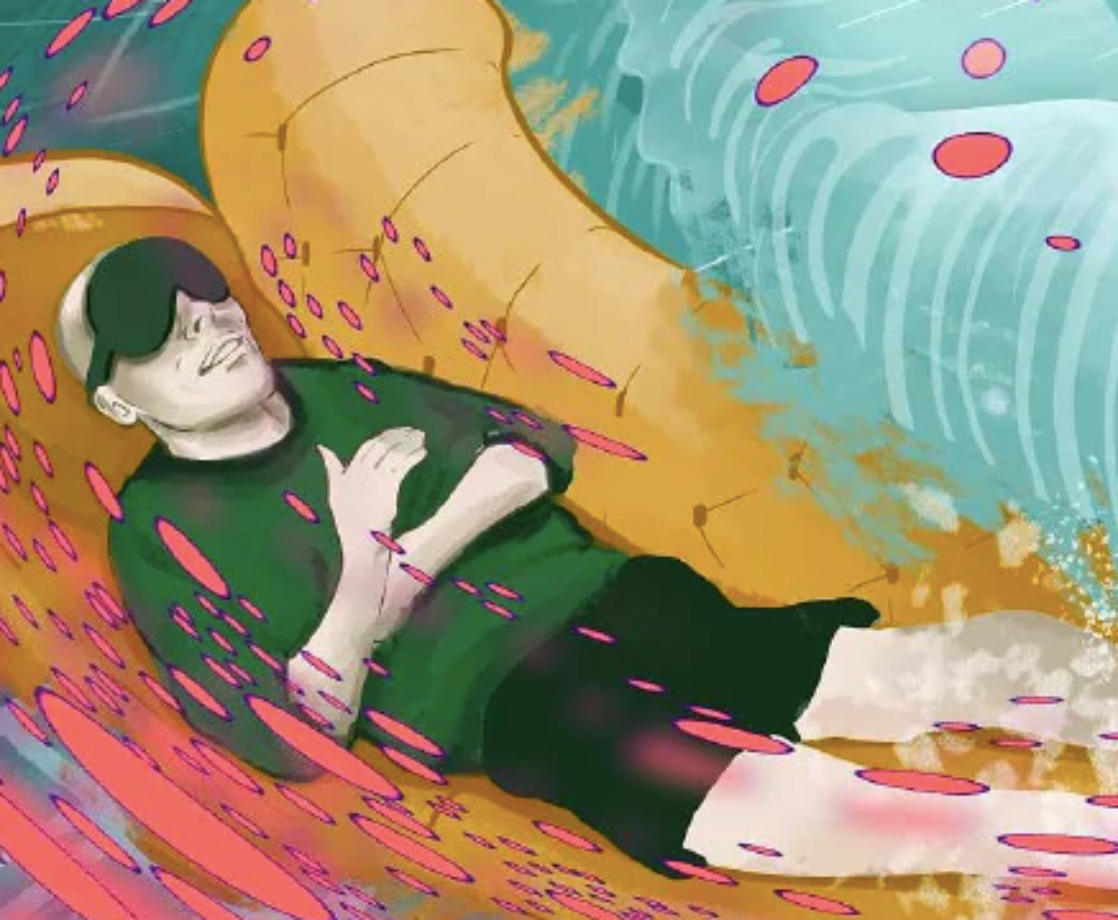Image via
All across the US, drug reform advocates are launching new campaigns to legalize or decriminalize psilocybin and other natural psychedelics. This reform effort is backed by a growing body of new scientific research suggesting that these once-demonized drugs could treat depression, anxiety, eating disorders, substance abuse, or other conditions.
The evidence is so strong that the federal government is even considering legalizing some of these treatments. Last year, psilocybin received the coveted Breakthrough Therapy designation from the Food and Drug Administration (FDA), allowing researchers to fast-track placebo-controlled clinical research trials with human subjects. If successful, these trials could lead to the eventual legalization of psilocybin-assisted therapy.
MDMA-assisted therapy has also received Breakthrough Therapy status and could be approved to treat PTSD as soon as next year.
But, although medical researchers and advocacy groups are prepared for legal psychedelics, most of the therapists who would ultimately be tasked with administering these new treatments are not. Until the FDA approves these drugs, they will remain illegal, which makes it nearly impossible for therapists to gain experience with psychedelics without breaking the law.
“I think it’s really risky right now for everybody to be involved in this work,” said psychologist Signe Simon to VICE. “Patient and clinician.”
Psychologist Simone Humphrey agreed that the legality of psychedelic-assisted therapy is “in such a gray zone right now” that therapists are afraid to fully embrace it. “This is something that I really want to work with, but I also want to know that I have the training necessary to handle something that might be unpredictable and might put the patient at risk or myself as a clinician. What am I legally allowed to disclose and not disclose? Is it okay to recommend? And all of the specifics around how to handle it.”
Two New York-based psychologists have created a new company called Fluence to address the growing need for psychedelics integration training. This new company, founded by integration therapist Ingmar Gorman and New York University psychedelic researcher and therapist Elizabeth Nielson, has already enrolled 500 therapists in its training sessions. “There’s a pretty big demand for this,” said Gorman to VICE. “And not enough education to meet it.”
“What we do in our training is educate and inform so people don’t have the kind of stigma or fear response to working with clients who have had some sort of relationship with psychedelics,” Gorman explained.
Integration therapy is still largely undefined, but generally refers to the process of making meaning out of a psychedelic experience and incorporating that meaning into one’s life. Initially, integration therapists were mostly focused on helping patients come to terms with “bad trips,” but more patients are now seeking out psychedelic-assisted therapy to help treat anxiety, depression, or other conditions.
Gorman and Neilson expected that the therapists who applied to take courses from Fluence would already be well-versed in psychedelics, but they found that this was actually not the case. In fact, many of the clinicians who enrolled in the program had never personally had a psychedelic experience themselves. The company’s founders agree that first-hand experience with psilocybin is not a necessary requirement for becoming an integration therapist, though.
“That’s where we’re really making an impact in terms of educating people because people know very little if they have never done a psychedelic,” said Gorman to VICE. “What I think is really healing for people is their therapeutic relationship, feeling like they can be heard and understood.”











